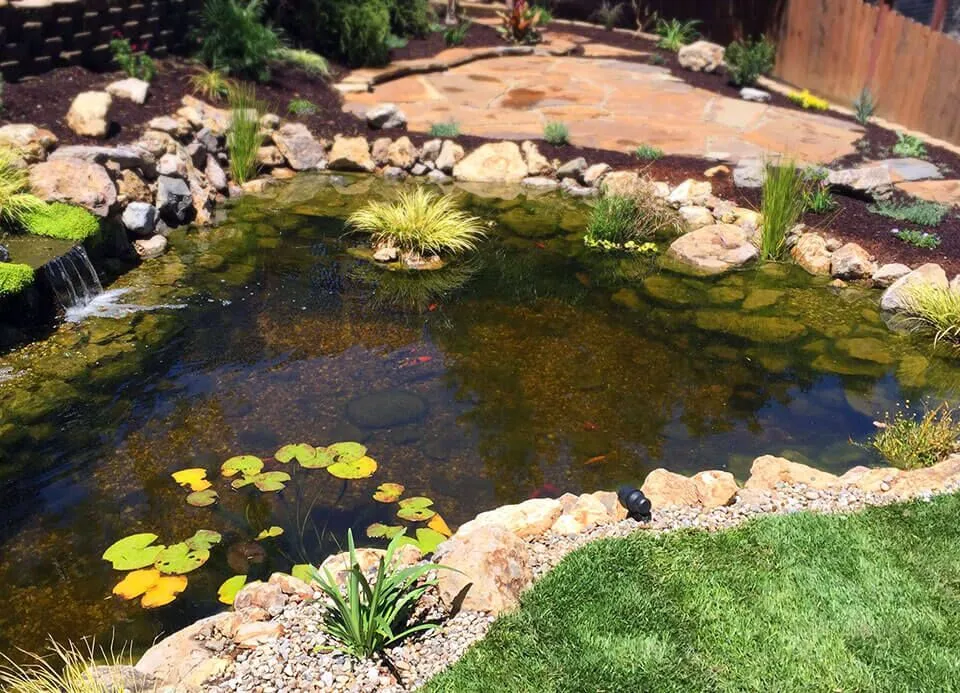
2023-11-09T12:06:52
Fish ponds and swimming pools have different requirements when it comes to filtration and water circulation due to several factors related to their purpose, ecosystem, and the living organisms they support. Here are some of the key reasons why a fish pond typically requires 24/7 filtration or water circulation while a swimming pool does not: 1. Ecosystem vs. Recreational Use: Fish ponds are designed to support living organisms, such as fish and aquatic plants, which are part of a delicate ecosystem. Maintaining water quality and circulation is essential to support the health and well-being of these organisms. Swimming pools, on the other hand, are primarily for recreational purposes. While water quality and hygiene are important for human health, the requirements for maintaining these parameters are less complex compared to a fish pond. 2. Biological Filtration: Fish ponds often incorporate biological filtration systems to remove ammonia and other waste products produced by fish. These systems rely on beneficial bacteria that break down waste into less harmful substances. Continuous water circulation is necessary to ensure these bacteria remain active and effective. Swimming pools primarily rely on chemical sanitation (e.g., chlorine or salt systems) to disinfect the water. While some pools have limited circulation systems, the need for 24/7 circulation is generally lower because there are no living organisms creating waste. 3. Oxygenation: Fish require dissolved oxygen in the water for respiration. Continuous water circulation helps oxygenate the water, ensuring an adequate supply for fish and other aquatic life. In swimming pools, oxygenation is not a concern, as humans don't rely on dissolved oxygen in the same way fish do. The primary concern is ensuring chlorine or other sanitizers are evenly distributed. 4. Water Clarity: Fish pond owners often desire clear water to observe their fish and maintain a healthy aquatic environment. Continuous water circulation helps prevent stagnation, which can lead to algae growth, poor water quality, and visibility issues. In swimming pools, while water clarity is also important, the primary focus is on maintaining a clean and safe environment for swimmers. Water circulation is designed to evenly distribute chlorine and prevent dead spots but does not need to be 24/7. 5. Ecological Balance: Maintaining the ecological balance in a fish pond, including the nitrogen cycle and nutrient cycling, is critical to support the life within it. Continuous water circulation is essential for these processes. Swimming pools do not have ecosystems that rely on nutrient cycling, making their water quality and circulation needs less complex. While fish ponds generally require 24/7 filtration and water circulation, swimming pools are designed with different priorities in mind. However, it's essential to note that swimming pools still require regular maintenance, including filtration, chemical treatment, and circulation to ensure water quality and safety for swimmers.

Have a question? Ask here!
Required fields are marked *